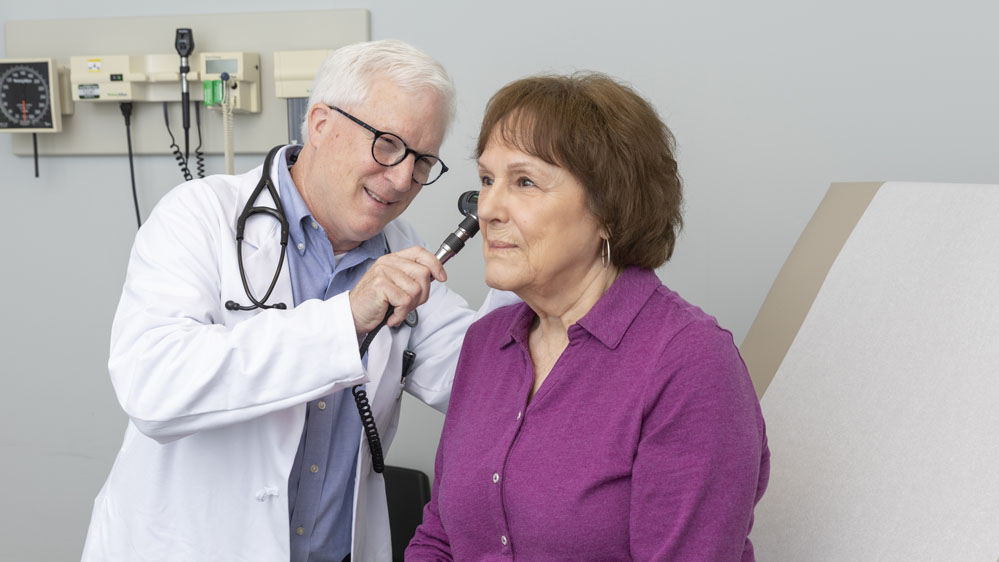Earaches and Ear Infections
You might think earaches happen only to young children, that is, until you get hit with an ear infection in middle age and suddenly understand the pain that makes babies scream nonstop.
The board-certified primary care providers at Beaufort Memorial can help you address earaches and ear infections. Find a primary care provider accepting new patients.

Here’s what you need to know if you’re having pain in one or both ears and think you might need medical help.
Symptoms of Earaches and Ear Infections
- A "stuffy" feeling in the ear
- Dizziness or vertigo
- Fever
- Pain
- Sudden hearing troubles
- Unusual drainage from the ear canal
Causes of Earaches
- Bacterial or viral infection
- Impacted earwax
- Irritation from cotton swab or shampoo use
- Jaw pain due to TMJ or arthritis
- Perforated eardrum
- Sinus infection, link to new sinus infection page
- Swimmer's ear
- Throat infection
- Upper respiratory infection, link to new upper respiratory infection page
Common Treatment Options for Earaches
Some ear infections can be successfully treated with antibiotics, depending on the cause. Your doctor might also prescribe ear drops to help with the pain or decongestants if sinus problems are involved. Over-the-counter pain relievers, including ibuprofen or acetaminophen, may also be suggested.
What to Expect When Seeing a Doctor for an Earache
Your physician will look inside your ear for signs of inflammation and fluids. He or she will also check your nose and throat for signs of other infections and may press your sinuses to feel any swelling.
Some infections can cause permanent hearing loss if untreated, so it's important to have your symptoms assessed by a professional quickly.
